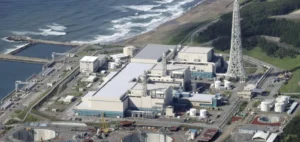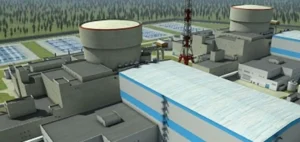In 2023, the Belgian government signed an agreement with Engie to extend the life of the Doel 4 and Tihange 3 reactors by ten years.
Originally, according to a 2003 law, these reactors were due to be shut down at the end of 2025.
However, the war in Ukraine and dependence on Russian gas have prompted Belgium to review its energy policy in order to secure its electricity supply.
Terms of agreement
The agreement provides for the creation of a joint venture equally owned by the Belgian State and Electrabel (a subsidiary of Engie), as well as loans or cash flow guarantees financed by public funds.
The European Commission is examining these arrangements as a single intervention involving state aid.
Controversies and challenges
One controversial point in the agreement concerns the storage of nuclear waste and spent fuel. Engie will pay a lump sum of 15 billion euros, while the Belgian state will assume the costs of future storage.
The Commission wishes to verify the proportionality of these financial arrangements.
Implications and prospects
The opening of this inquiry offers Belgium and interested parties the opportunity to submit their observations, while remaining neutral as to the eventual outcome.
This decision comes at a time when Belgium is seeking to strengthen the security of its electricity supply in the face of increasingly volatile energy markets.
In addition, this investigation could have a significant impact on Belgian energy policy and on nuclear strategies at European Union level, sparking heated political and economic debate in the country.
The need to strike a balance between energy independence and environmental commitments could thus become a central point of discussion, highlighting the challenges and opportunities associated with the energy transition.





















